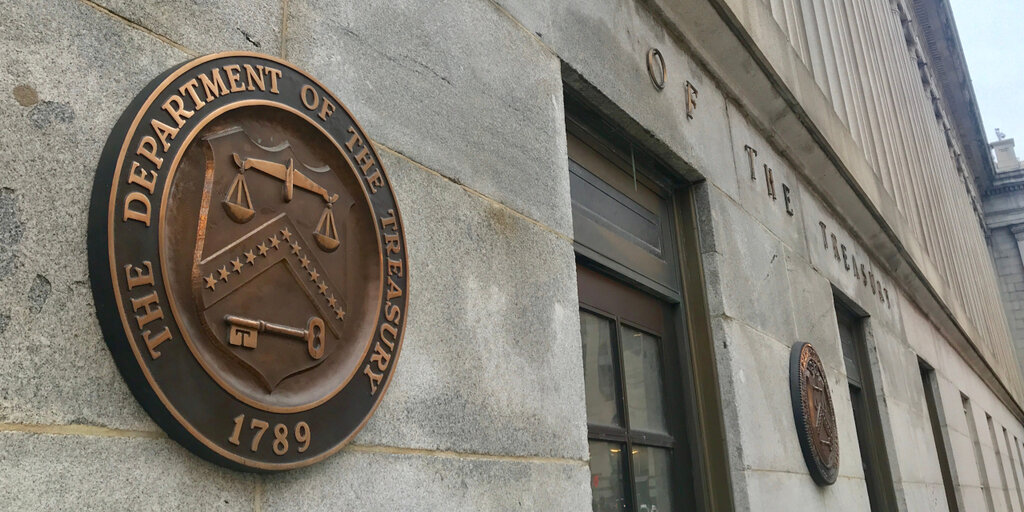The U.S. Treasury Department’s Office of Foreign Assets Control (OFAC) just updated its sanctions list to include ten individuals tied to illegal narcotics trading—including one who has an Ethereum wallet.
The listed Ethereum address allegedly belongs to Mario Alberto Jimenez Castro (also known as “Kastor”), a 34-year-old Mexican man involved with the Sinaloa cartel. The wallet currently contains just 0.017 ETH ($27), but has facilitated transfers in stablecoins like Tether (USDT) and USD Coin (USDC) worth tens of thousands of dollars.
Much of its transaction history includes inbound transfers from Coinbase, followed by outbound transfers to Binance—two of the world’s largest exchanges that were both sued by the Securities and Exchange Commission (SEC) in June. One transfer in October 2022, for example, sent 143,965 USDT to Binance.
According to the State Department’s website, Jiminez Castro is a “money launderer” running an organization that’s helped move fentanyl proceeds across the Mexican border using cryptocurrency, including from places like “New York City, Boston, Denver, Nashville, Omaha, and Salt Lake City.”
“Since at least approximately August 2022, Jimenez Castro has directed individuals to pick up money from various traffickers in the U.S., and to then deposit that cash into various cryptocurrency wallets controlled by other high-level members of the organization,” the department said.
U.S. politicians like crypto critic Elizabeth Warren have blasted virtual currency for fueling the Fentanyl trade. Back in 2019, the White House described top cryptos like Bitcoin and Ethereum as the “predominant funding mechanisms associated with fentanyl trafficking.”
Jiminez Castro joins a growing list of government-sanctioned addresses crypto addresses connected to criminal activity. Others include those associated with the North Korean Lazarus Group, and those tied to crypto “mixers” like Tornado Cash—protocols and services that improve transaction privacy, which are popular among money launderers.
Sanctioned addresses can still technically still be used, but are illegal to interact with. That means crypto exchanges that interact with black-listed addresses could face legal ramifications from authorities.
Stay on top of crypto news, get daily updates in your inbox.
